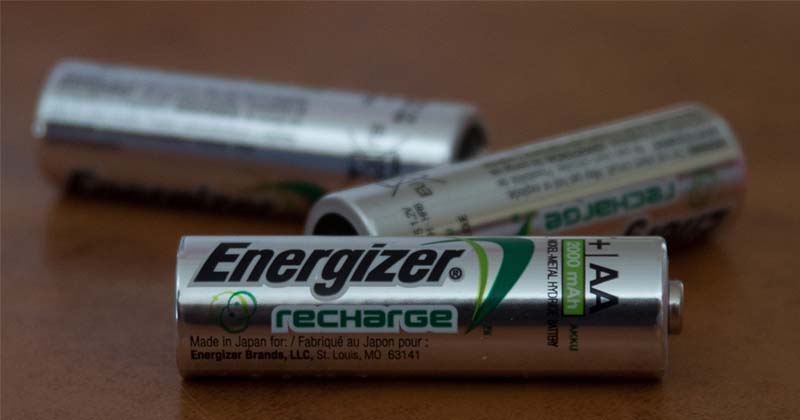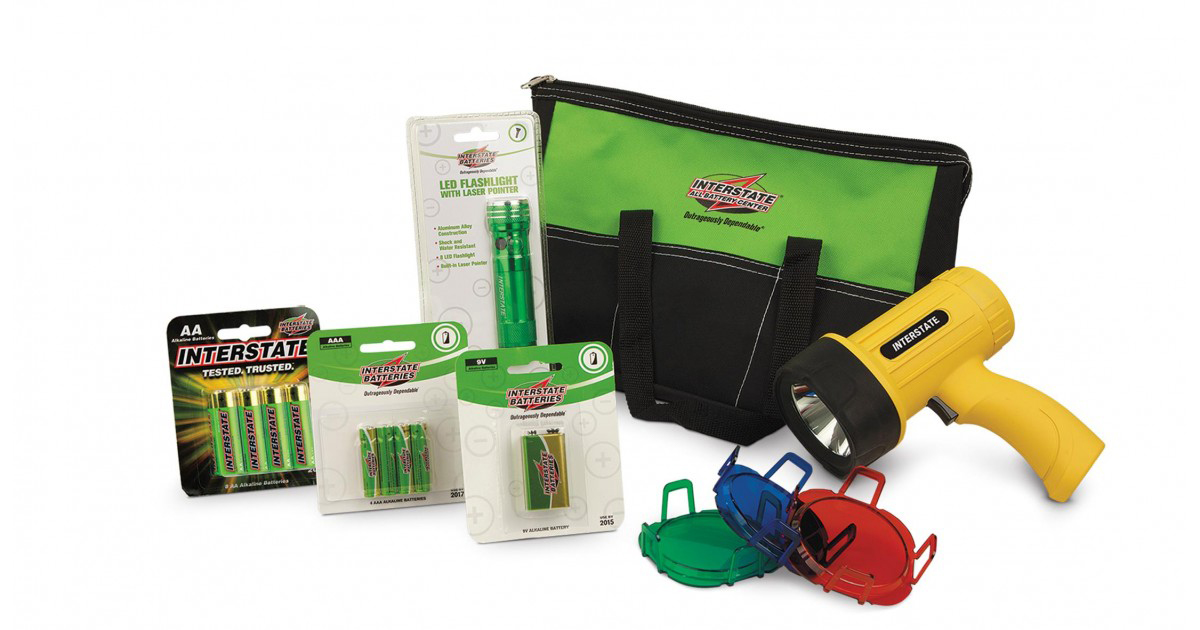Introduction
Extra batteries are one of the most important items to include in your emergency kit. In the event of a power outage, batteries can be used to power flashlights, radios, and other essential devices. Having extra batteries on hand can also be helpful in other situations, such as when your car breaks down or you’re stranded in a remote location.
What are extra batteries used for in an emergency kit?
Extra batteries are used in emergency kits for a variety of purposes. Most commonly, they are used to power emergency radios, flashlights, and other devices that may be needed in the event of a power outage. They can also be used to charge cell phones and other personal electronic devices. In some cases, extra batteries may also be used to power medical devices such as oxygen concentrators or nebulizers.

Why are extra batteries important in an emergency kit?
Batteries are an essential part of an emergency kit. They can be used to power flashlights, radios, and other vital devices. In a power outage, batteries can mean the difference between being able to stay informed and connected, or being in the dark.
It is important to have extra batteries on hand because they have a limited lifespan. Once batteries are used, they lose their charge and must be replaced. This is why it is important to have extras on hand so that you can keep your devices powered in an emergency situation.
How to use extra batteries in an emergency kit?
In an emergency, every battery counts. If the power goes out, you may need batteries to power your flashlight or radio. If your car breaks down, you may need batteries to jump-start it.
It’s a good idea to have extra batteries on hand, so you’re prepared for any situation. But how long do batteries last? And how can you tell if they’re still good?
Batteries have a shelf life of about five years. That means they’ll last about that long if they’re just left on a shelf. But once you use them, they won’t last as long.
You can extend the life of your batteries by storing them properly. Keep them in a cool, dry place away from heat and direct sunlight. You should also store them in a sealed container to protect them from moisture and dirt.
When you’re ready to use them, make sure they’re clean. Wipe off any dirt or moisture with a dry cloth before you insert them into your device.
If you take good care of your batteries, they’ll be there when you need them most.

Why are backup batteries and flashlights important in a survival kit?
If you find yourself in a survival situation, having a backup battery and flashlight can be the difference between life and death. Here’s why:
1. A backup battery gives you a second chance.
If your primary battery dies, a backup can give you the power you need to keep going.
2. A flashlight can help you signal for help.
If you’re lost or injured, a flashlight can help you signal for help. It can also be used to light your way in the dark.
3. A backup battery and flashlight can help you stay calm.
In a survival situation, it’s important to stay calm. Having a backup battery and flashlight can help you do that. They can give you a sense of security and help you focus on what you need to do.
4. A backup battery and flashlight can help you save energy.
In a survival situation, you need to conserve your energy. A backup battery and flashlight can help you do that by giving you light and power when you need it, and allowing you to rest when you don’t.
5. A backup battery and flashlight can help you stay warm.
In a survival situation, staying warm is crucial. A backup battery and flashlight can help you do that by providing light and heat.
6. A backup battery and flashlight can help you cook food.
In a survival situation, you need to be able to cook food. A backup battery and flashlight can help you do that by providing light and heat.
7. A backup battery and flashlight can help you purify water.
In a survival situation, you need to be able to purify water. A backup battery and flashlight can help you do that by providing light and power.
8. A backup battery and flashlight can help you signal for help.
In a survival situation, you need to be able to signal for help. A backup battery and flashlight can help you do that by providing light.
9. A backup battery and flashlight can help you find your way.
In a survival situation, you need to be able to find your way. A backup battery and flashlight can help you do that by providing light.
10. A backup battery and flashlight can help you survive.
In a survival situation, having a backup battery and flashlight can be the difference between life and death.

What are the things you need to have for an emergency plan?
When it comes to emergency preparedness, there are a few key things you need to have in order to be ready for anything. Whether you’re preparing for a natural disaster or a man-made one, having a plan in place is essential to keeping you and your loved ones safe.
The first thing you need to do is make a list of all the potential emergencies that could happen where you live. This could include things like hurricanes, tornadoes, earthquakes, floods, and fires. Once you have a good idea of the types of disasters that could occur, you can start to put together a plan for each one.
For each emergency, you’ll need to have a few key things in place. First, you’ll need a safe place to go. This could be a friend or family member’s house, a hotel, or even a public shelter. Make sure you know how to get to your safe place and have a plan for getting there if the emergency happens when you’re not at home.
Next, you’ll need to have a way to communicate with your loved ones. This could be a phone, a radio, or even a social media account. Make sure you have a way to get in touch with them and let them know you’re safe.
Finally, you’ll need to have supplies on hand. This could include food, water, and first aid supplies. You’ll also want to have cash on hand in case you need to buy anything while you’re away from home.
Putting together an emergency plan may seem like a lot of work, but it’s essential to keeping you and your loved ones safe in an emergency. By taking the time to prepare now, you’ll be glad you did if an emergency ever does happen.
Conclusion
In conclusion, batteries are an essential part of an emergency kit. They provide power for essential equipment such as flashlights and radios. They can also be used to recharge other devices such as cell phones. Be sure to include a variety of batteries in your emergency kit so that you are prepared for any situation.
